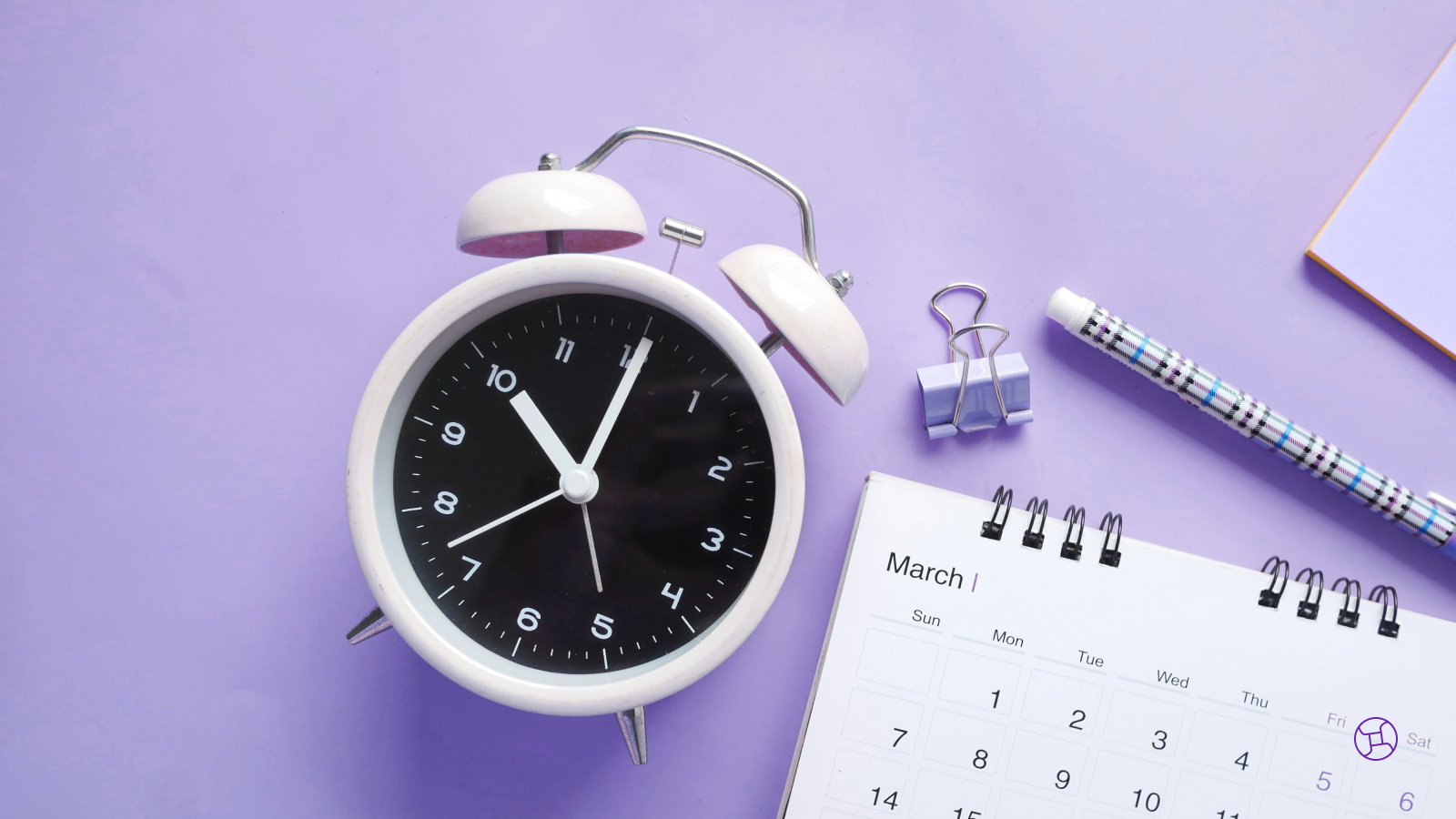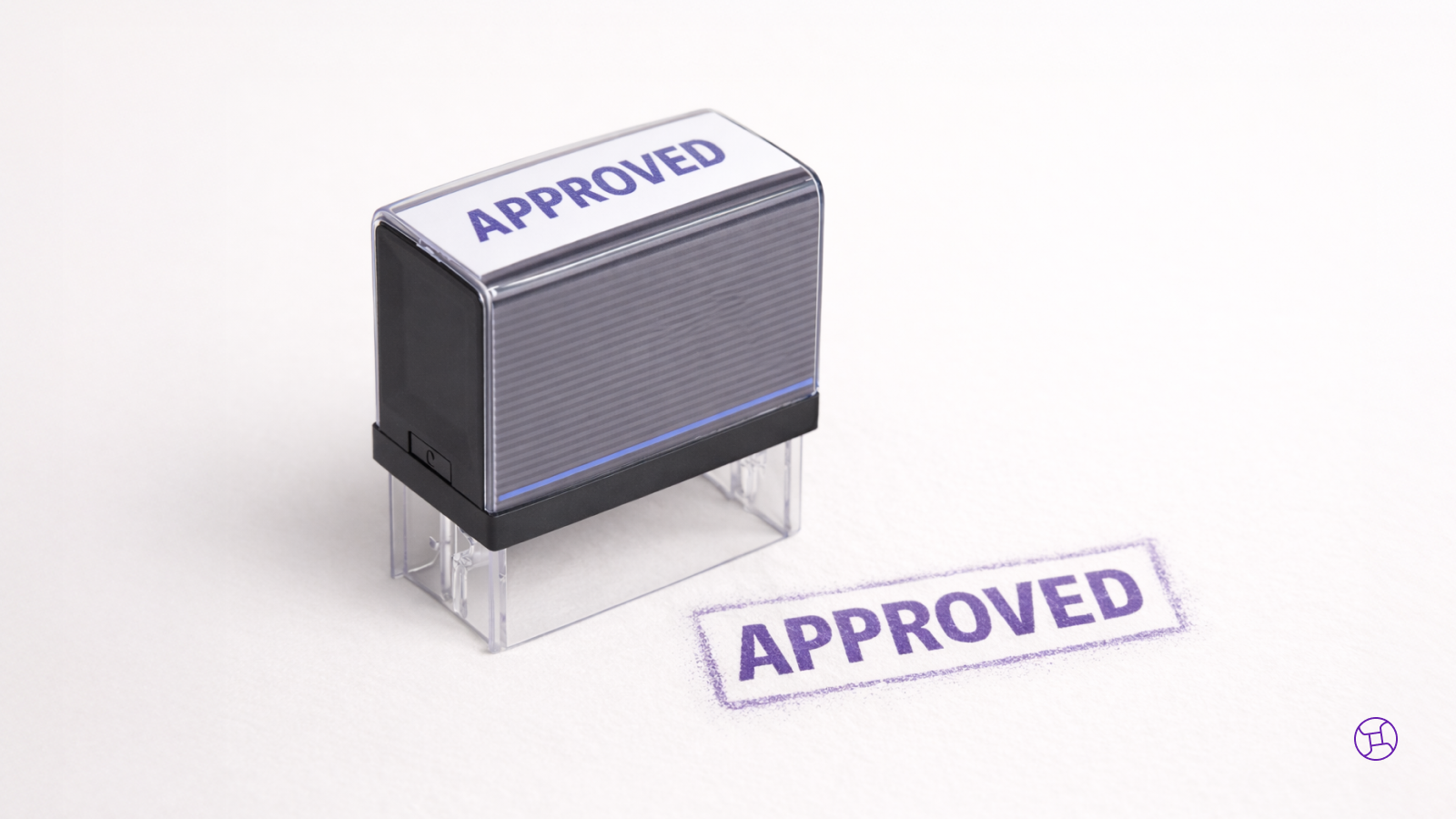Landmark National Disability Insurance Scheme (NDIS) reforms for people with mental conditions are welcome changes to a scheme designed to help Australians most severely affected by disability. The reforms make the scheme work better for this group – it’s now easier for people with severe mental illnesses to enter the scheme, put together their plan, and receive funding that meets their needs.
Is mental illness a disability or not? It’s tricky.
The line between mental illness and disability can be difficult to draw. Almost half of all Australian adults will face mental ill-health in their lives. They may experience periods of depression, anxiety, disordered thinking, and addiction. However, some mood and mind disorders are permanent or become so entrenched that they may limit the ability to manage everyday tasks for years or even a lifetime.
When this happens, a mental illness can be classified as a ‘psychosocial disability’. This type of disability can lead to someone being eligible for the NDIS.
The support gap to date
Psychosocial support for this group has been lacking. In March 2020, only around 38% of the estimated 290,000 Australians with severe and persistent mental illness were receiving psychosocial support – mostly through state-funded programs, much less often through the NDIS, according to a report by the Productivity Commission.
Part of this support gap exists because people who experience mental illness are notoriously hard to reach. Even if they’re eligible for NDIS funding, they may not even apply for it. Some battle with trust issues, others feel overwhelmed by the scheme’s complexity and a bureaucratic language they perceive as alienating.
Those who do end up applying and gaining access frequently complain about issues with NDIS staff who have little understanding of what it’s like to live with a psychosocial disability. In roundtable talks organised by advocacy group Mental Health Australia, some participants described their NDIS experience as “emotionally traumatic”.
The NDIS is fixing this
This is changing, with the NDIS pushing through the final steps of a major reform to help around 64,000 Australians with longstanding mental illness better.
The agency responsible for the NDIS is aware of its deficits and has promised to do better. In reforms that began in 2018, the agency has made several updates designed to make the scheme more empathetic and accessible for people with a psychosocial disability. It hired planners and Local Area Coordinators specialised in mental health and improved links between NDIS staff and mainstream mental health services to help with accessing the scheme and navigating the planning process.
In a next step, announced in September 2021, it wants to erase old-fashioned terms from its vernacular (replacing all references to ‘psychiatric conditions’ with ‘psychosocial disability’) and simplify the eligibility rules for people with serious mental illness. To do that, it has proposed an update of the legislation it is based on, the NDIS Act.
If Parliament agrees, people may find it easier in the future to prove to the NDIS that a longstanding mental health issue is indeed ‘significant and permanent’. It’s the key entry criteria to the scheme, but tricky to apply with mental disorders, which can oscillate between months of stable health followed by months of relapse and acute support needs.
Smarter funding: the Psychosocial Recovery Coach
The reforms included a new support person that the NDIS offers to fund – the Psychosocial Recovery Coach. With a skill-set somewhere between Support Coordinator and Mental Health Worker, these specialists combine ‘lived’ and ‘learned’ experience with mental illness.
The purpose of a Recovery Coach is to give hope to NDIS participants with a primary psychosocial disability and support them on their unique journey towards recovery. Recovery, in this sense, doesn’t mean cured. Rather, it means helping people reach a state of well-being even as the mental ill-health people experience may never fully disappear.
All in all, there have been some huge steps made towards helping people with psychosocial disability in Australia get the support they need. There’s more to do, but it’s a welcome change to this new and evolving government scheme.
Learn more about getting NDIS support with mental illness here.
Are you a Support Coordinator? Read our Psychosocial Recovery Coaching Guide here with everything you need to know about the new role of the Psychosocial Recovery Coach – and how you could become one yourself.
.png)



